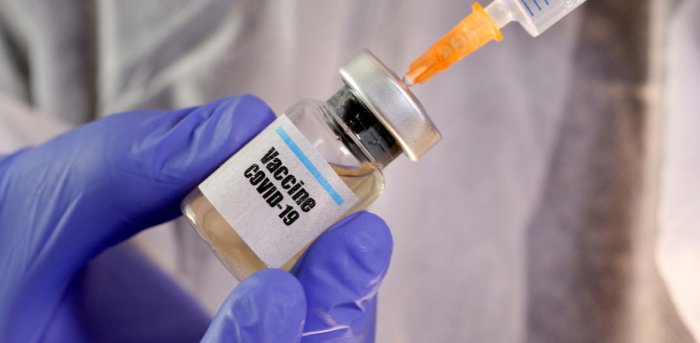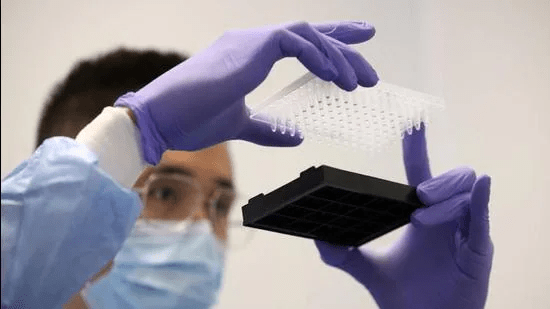As children are anticipated to be highly susceptible to get infected with Covid-19 in the upcoming third wave of the Covid-19 pandemic, 20 children in Karnataka have been vaccinated with the Zydus Cadila vaccine ZyCoV-D as a part of the phase 3 clinical trials to assess the efficacy.
From the total count of 1,700 volunteers who took part in phase 3 trials from Karnataka, 20 of them were children between the age group of 12-18 years. The children showed no adverse effects and all of them finished the first dose, according to Dr Amit Bhate, Director & Principal Investigator, Jeevan Rekha Hospital, Belagavi.
Dr Bhate said, “In each of these 43 trial sites across India, about 20 to 30 children were vaccinated. We are the only trial centre in Karnataka for paediatric volunteers. The three-dose vaccine is given on day 0, day 28 and day 56. The second dose administration to the children is under way and after every dose, blood samples are taken to test antibody levels.”
“The observation period has been extended from eight months to twelve months and these children will be observed for at least a year as part of the trial post-vaccination. The paediatric volunteer group consists of an equal number of boys and girls. The hospital has also applied to be part of Covaxin’s clinical trial for children aged 2 to 12 years of age beginning next month,” he further added.
Presently, children are given vaccination for 12 preventable diseases – diphtheria, whooping cough, tetanus, polio, tuberculosis, hepatitis B, meningitis, pneumonia, Haemophilus influenza type B, Japanese encephalitis, rotavirus, and measles-rubella (MR)
According to Dr Bhaskar Shenoy, a paediatric consultant at Manipal hospital, the vaccines are thoroughly researched and were launched for children only after the safety, efficacy, immunogenicity data was publicly available.
Shenoy added, “Currently, the phase 1 (safety) and phase 2 (immunogenicity) trial data for this vaccine are not publicly available. Only after the phase 3 trials are complete and data from a minimum one-year observation period is available, approvals should be given. Children’s physiology, body structure, and tolerability of side effects are also different. We need robust data for approvals.”


